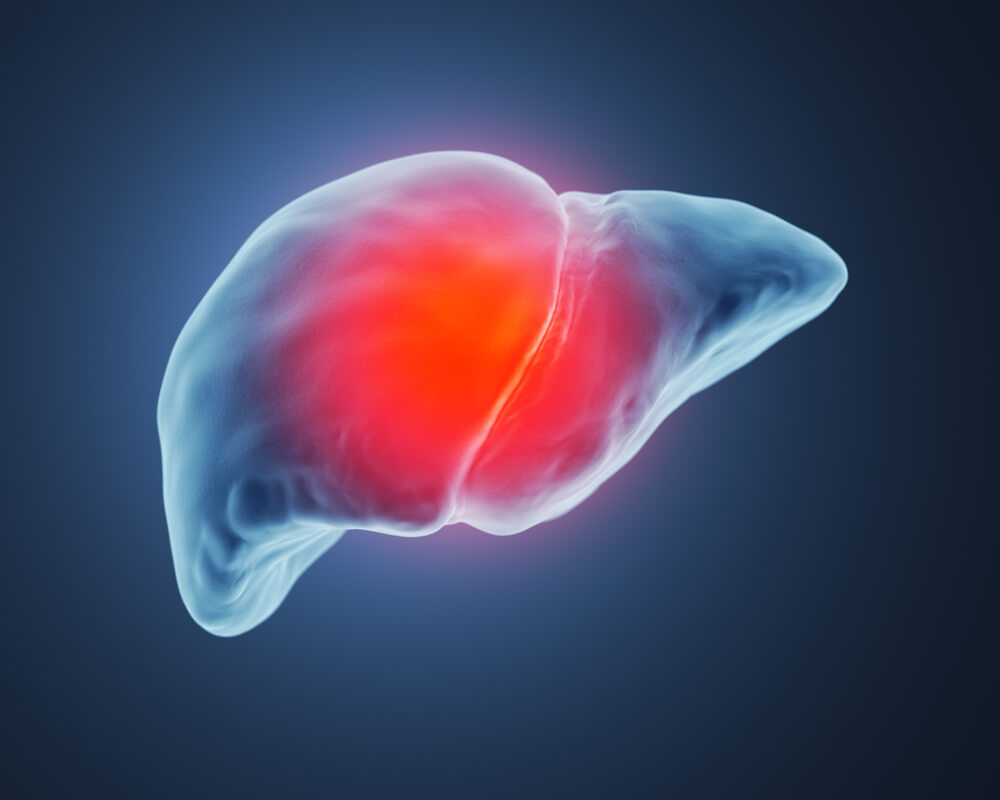
Understanding End-Stage Liver Disease in Colorado
At Rocky Mountain Gastroenterology Associates, we understand that receiving a diagnosis of end-stage liver disease can be overwhelming. Our Colorado-based team of experienced medical professionals is here to provide you with the information and support you need to manage your symptoms and live the fullest life possible while undergoing end-stage liver disease treatment. In this article, we will discuss the basics of end-stage liver disease, common symptoms, complications, treatment options, and end-of-life care.
What Is End-Stage Liver Disease?
End-stage liver disease refers to the late stages of liver disease when the liver is severely damaged and can no longer function properly. The liver is an essential organ that performs a variety of critical functions, including filtering toxins from the blood, producing bile to help digest food, and storing nutrients. When the liver is damaged, it cannot perform these functions effectively, which can lead to a range of complications.
Common Symptoms of End-Stage Liver Disease
The symptoms of end-stage liver disease can vary depending on the individual, but some common signs include:
- Jaundice (yellowing of the skin and eyes)
- Ascites (abdominal swelling caused by fluid buildup)
- Fatigue and weakness
- Loss of appetite and weight loss
- Nausea and vomiting
- Confusion and difficulty concentrating
- Swelling in the legs and ankles
- Itching
What Are Some Complications Associated with End-Stage Liver Disease?
End-stage liver disease can lead to a range of complications, including:
- Hepatic Encephalopathy – A condition that occurs when toxins build up in the brain due to the liver’s inability to filter them out. This can cause confusion, memory loss, and other cognitive problems.
- Portal Hypertension – High blood pressure in the portal vein, which carries blood from the intestines to the liver. This can cause fluid buildup in the abdomen, bleeding in the digestive tract, and other issues.
- Kidney Failure – End-stage liver disease can cause the kidneys to fail, leading to a range of symptoms such as fluid buildup in the body, difficulty urinating, and fatigue.
- Increased Risk of Infections – People with end-stage liver disease are at increased risk of infections due to weakened immune systems.
- Liver Cancer – Chronic liver damage can increase the risk of developing liver cancer.
How Are Symptoms for End-Stage Liver Disease Managed?
Treatment for end-stage liver disease aims to manage symptoms and slow the progression of the disease. Depending on the severity of your condition, your doctor may recommend:
- Medications to manage symptoms such as nausea, itching, and pain
- Dietary changes to reduce stress on the liver
- Procedures to drain fluid buildup in the abdomen (paracentesis) or treat bleeding in the digestive tract
- Liver transplant surgery to replace the damaged liver with a healthy one
What Is My Life Expectancy With Liver Disease?
The life expectancy for someone with end-stage liver disease can vary depending on the severity of their condition and other factors such as age and overall health. However, it is important to discuss your individual case with your healthcare provider to get a better understanding of your prognosis.
What Should I Know About Advance Care Planning?
Advance care planning is the process of making decisions about your medical care in advance, should you become unable to make those decisions for yourself. This can include decisions about end-of-life care, such as whether you would like to receive life-sustaining treatments. At Rocky Mountain Gastroenterology Associates, we encourage our patients to have these discussions with their loved ones and healthcare providers to ensure their wishes are respected.
What Is Palliative Care?
Palliative care is a specialized form of medical care that focuses on improving the quality of life for people with serious illnesses. It is not the same as hospice care, which is reserved for people in the end stages of life. Palliative care can be provided at any stage of an illness and can include a range of services such as pain management, symptom control, emotional support, and spiritual care. At Rocky Mountain Gastroenterology Associates, we work closely with palliative care specialists to ensure that our patients receive the best possible care.
What Is Hospice Care?
Hospice care is a type of end-of-life care that is designed to provide comfort and support to people with terminal illnesses. Hospice care is focused on improving the quality of life for patients and their families, rather than curing the illness. Hospice care can include medical care, pain management, emotional support, and spiritual care. At Rocky Mountain Gastroenterology Associates, we understand the importance of providing compassionate end-of-life care, and we work closely with hospice care providers to ensure that our patients and their families receive the support they need.
Request an Appointment Today
If you are experiencing symptoms of end-stage liver disease or have been diagnosed with the condition, it is important to seek specialized medical care as soon as possible. At Rocky Mountain Gastroenterology Associates, our team of experienced medical professionals is here to provide you with the care and support you need. Request an appointment today.
Go back